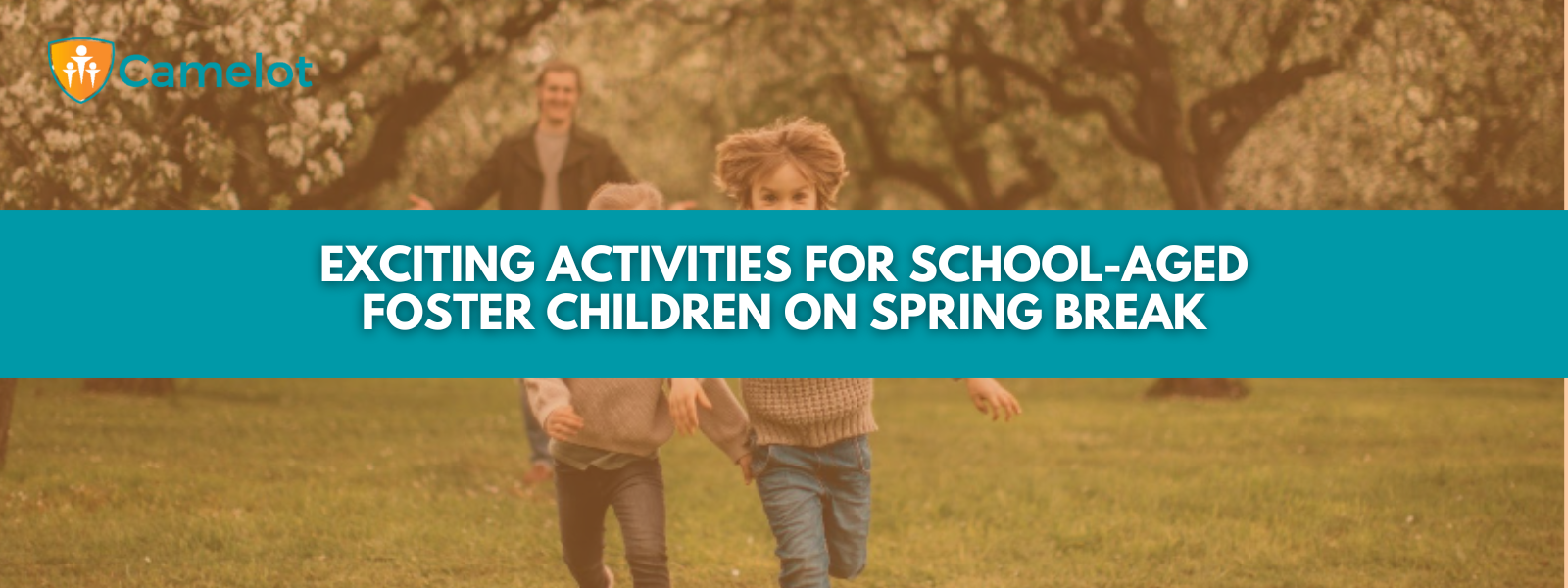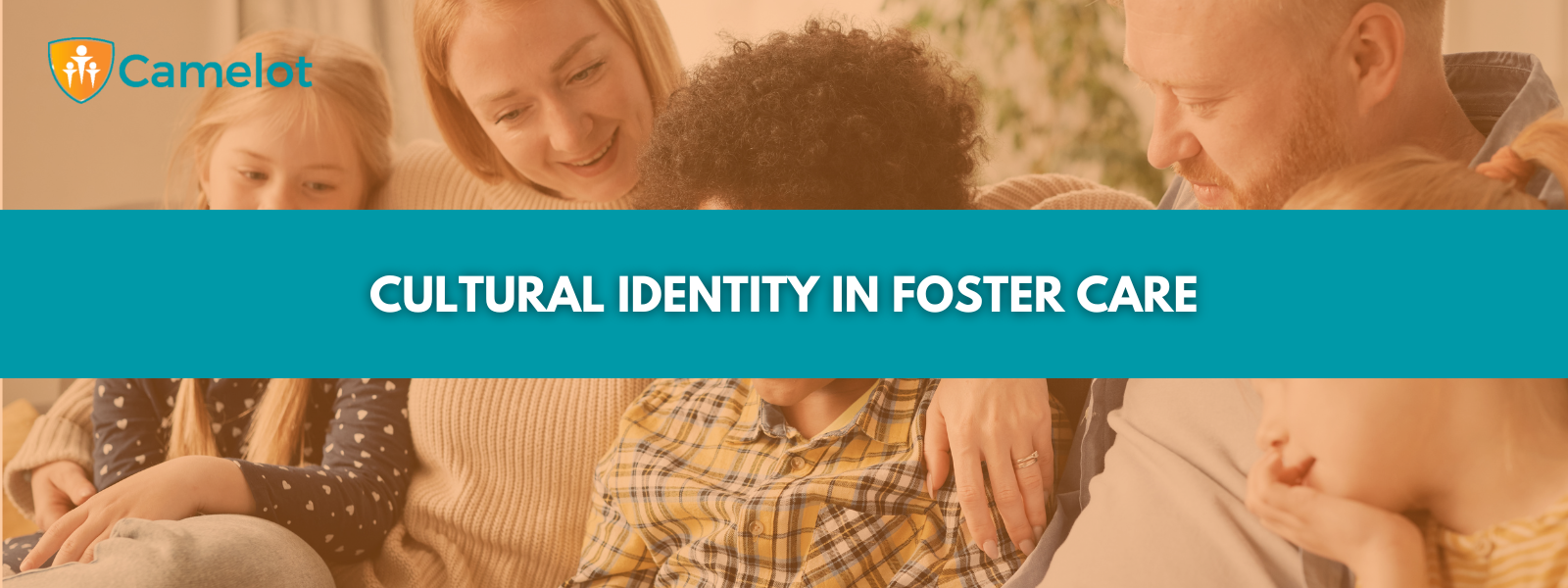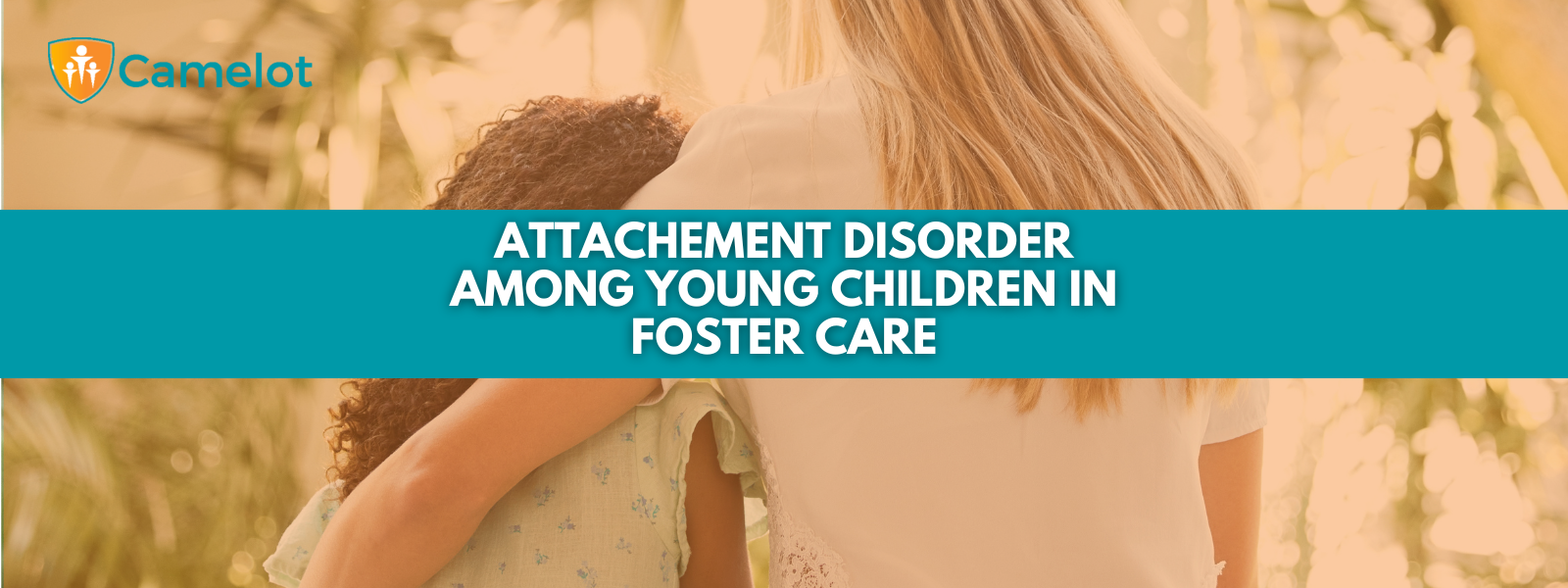What to Know About Different Types of Foster Care | Camelot Care, TN

There are over 400,000 children in the foster system in the United States. These children are more likely than others to experience low standardized test scores, higher rates of PTSD, and overall feelings of anxiety, distress, and loss.
Different children have different needs, which is why there are several types of foster care that can help meet these needs. If you’re considering becoming a foster parent and would like to know more about the types of foster care available, keep reading.
Short-Term Foster Care
Short-term foster care acts as a bridge to children receiving a long-term placement. Short-term foster care can include emergency or short notice fostering, where the child needs to be placed in a safe environment immediately due to unforeseen circumstances.
Short term foster care allows foster parents to offer a period of support and stability to a child that urgently needs it.
Short term foster care offers lesser risks of disruption than long term foster care, but still requires a willingness to quickly adapt to change and provide immediate support and acceptance. Children receiving short term foster care are in a difficult and unstable transitional period in their lives, making it even more important for foster parents to provide a safe environment where they can continue attending school and other daily activities.
Long-Term Foster Care
In some cases, a child may not be able to return to their birth family for a long period of time. Some children may not be able to reunite with their birth families at all. In these cases, long-term foster care is necessary to provide support and care on a long-term basis.
Long-term foster care essentially means that the foster parent(s) will provide for the child until they become an adult. Unlike adoption, however, the foster parents will not take full legal responsibility for the child. Becoming a committed foster parent to a child or adolescent allows them to maintain a sense of consistency and control despite being in a difficult situation.
For children in the foster system, placement stability is something to strive for. Being under the care of long-term foster care also allows the child to attain a sense of belonging in the community and create positive relationships.
Long-term foster care doesn’t mean that foster parents will replace the child’s birth family but they have the role of helping the child maintain a relationship with their birth family (if it is safe and beneficial for the child). Foster parents will also be responsible for the child’s educational, medical, and social needs as they support and guide them through their life.
Respite Foster Care
Respite foster care is a type of “part-time” care, which allows full-time foster parents to take short periods of time to rest and recover from caring for a child. A respite foster parent takes in children at certain times whenever they are available.
Being a respite caretaker means that you work alongside the agency or foster family to make caring for the child a more positive experience for everyone involved. For caretakers, respite care can help them avoid burnout, feelings of frustration, guilt, and allows them to provide a healthier and happier experience for the child.
Respite care is usually provided when a foster family takes in children who might display challenging behavior, or require special attention for medical, emotional, or behavioral needs. Many children in the foster system exhibit behaviors that are a result of the experiences they have had so far in life. For new foster parents, in particular, this can be a very demanding and difficult time.
Respite care is a much-needed service for foster families and is also a good way for those considering fostering to test out the waters. Fostering is a big decision, but being a respite foster caretaker allows you to learn how to care for foster children without immediately taking the step of placement.
Relative Foster Care
Commonly referred to as kinship care, relative foster care is when children are taken in by relatives or close family friends (fictive kin) in some jurisdictions. Relative or kinship care is very often the preferred choice when it comes to child placements since it helps the child maintain a connection with their family or an otherwise known and comfortable environment. It also helps reduce the trauma of family separation by offering more stability.
Any adult that has a relationship with the child and family can be considered for kinship care, but they must show a willingness and capability to care for all the child’s needs. In some instances, like licensed foster care providers, they may be required to attend training and classes. The most common providers for kinship care are immediate family members like grandparents, aunts, uncles, and cousins. However, teachers, coaches, and family friends can also be considered.
Kinship care is usually a long-term arrangement, which means caretakers need to take a lot into consideration about this new responsibility in their life. Fortunately, like in any other foster care situation, there are several resources and support options available.
Foster Care in Tennessee
In Tennessee, when children are unable to stay at home or with a family member, they become a “ward of the state”, meaning that the State of Tennessee becomes responsible for them. But the government might not be able to adequately support the needs of the child, which is where foster parents come in.
Tennessee’s foster care system currently has over 7000 children, with only 4000 foster families. In Tennessee, the Department of Children’s Services (DCS) aims to maintain a family-like setting for the children in foster care, by keeping siblings together, for example. If you are interested in becoming a foster parent in Tennessee, there’s no better time than now.
To become a foster parent in Tennessee, you must complete a home study process which includes classes, TNKEYS training, background checks, and home visits. To learn more, visit our website.
How Camelot Care Centers Can Help
At Camelot Care Centers, we believe that all children have the right to a happy and healthy life, and we strive to protect and improve the lives of children, families, and communities. Whether it’s to reunite children with their families or find them a forever home, we aim to transform as many lives as possible.
Becoming a foster parent is a big decision, and by no means easy, but it is extremely rewarding. Camelot Care Centers focuses on providing child and family-specific services by creating programs based on their needs. This includes providing trauma-focused cognitive behavioral therapy (TF-CBT), intensive counseling, and motivational interviewing (MI), and more.
Fostering is a learning curve that starts over with each child. Camelot makes sure to equip parents with the training and resources they need to handle every challenge that will come their way to ensure the child can have a safe and loving home.
If you’re ready to get started on your journey to becoming a foster parent in Tennessee, contact us today.

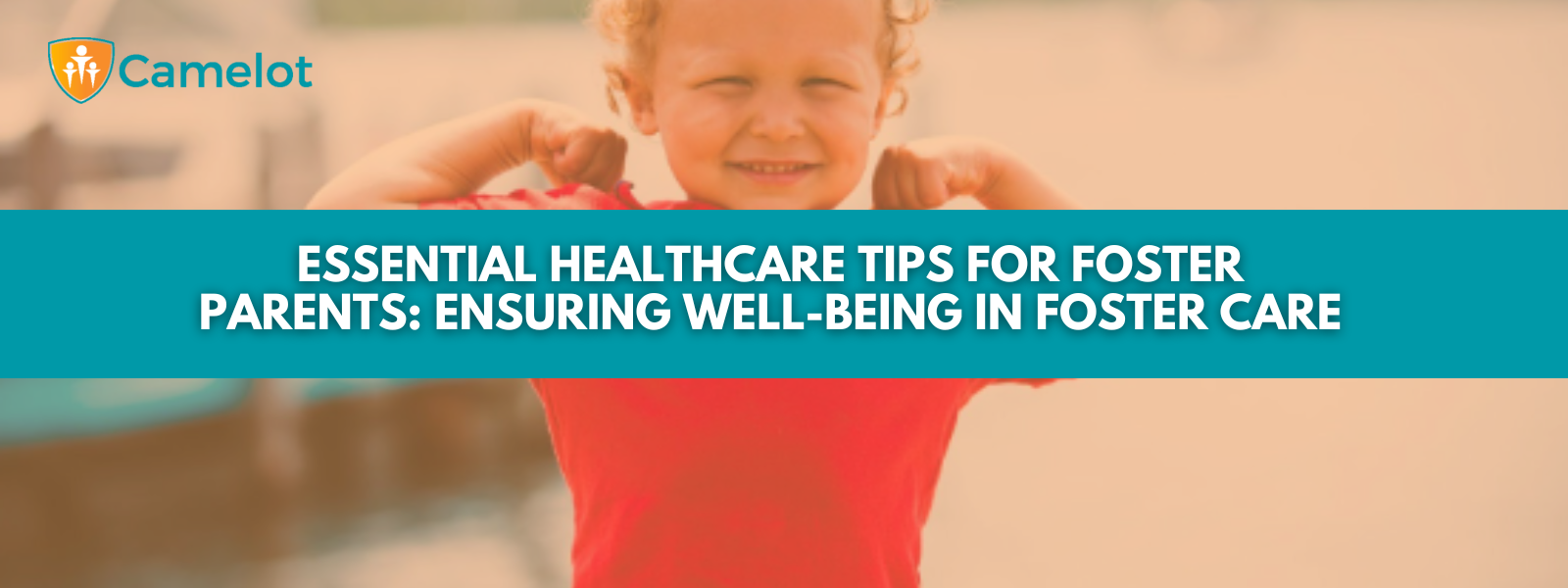
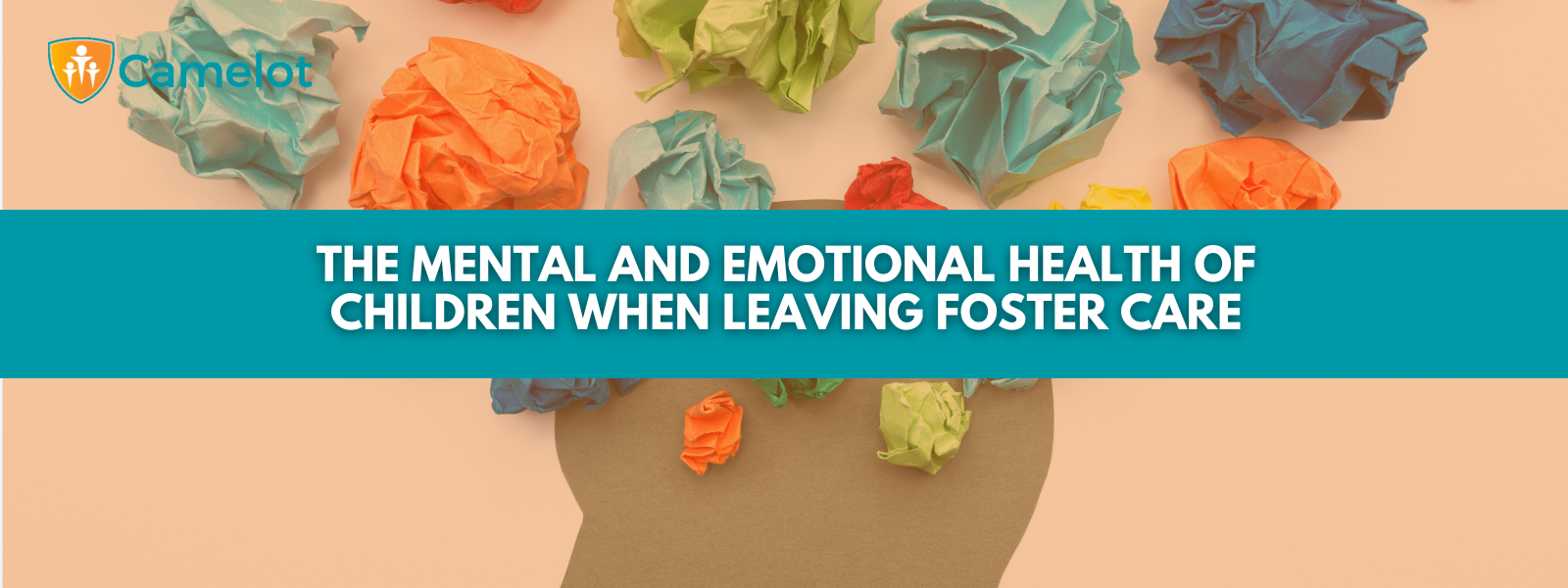
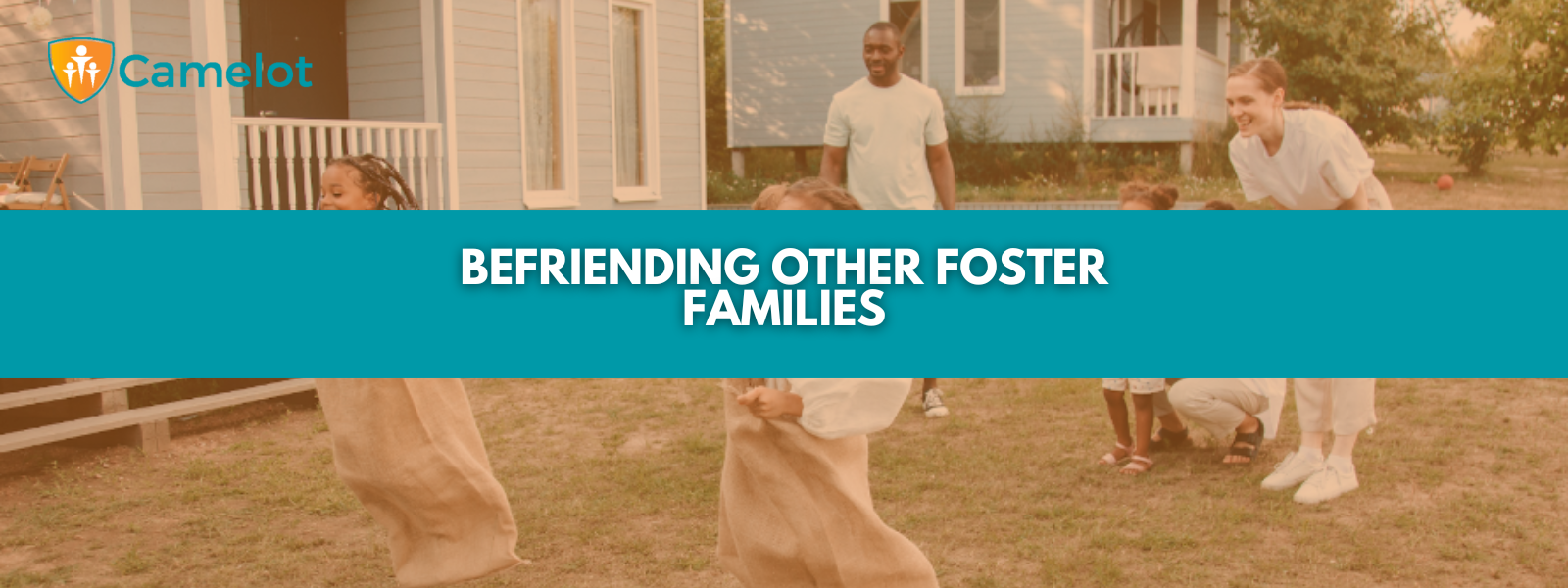

Camelot Care Centers

